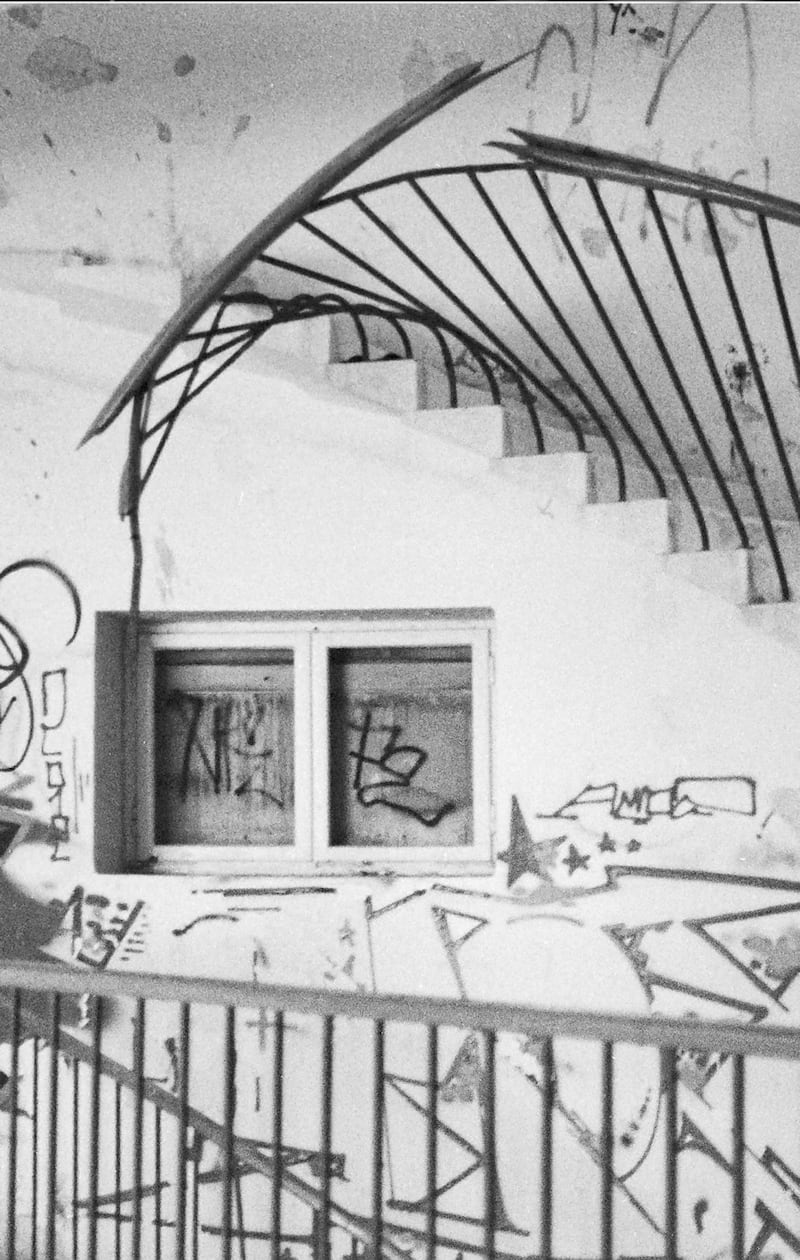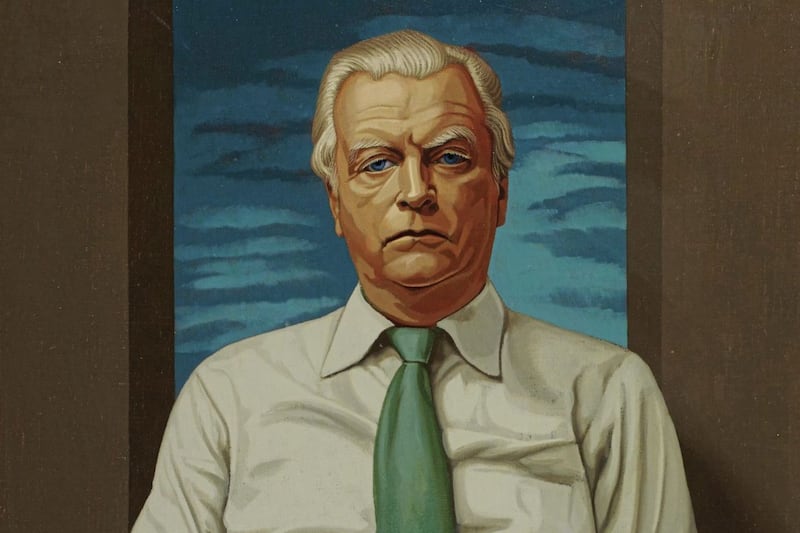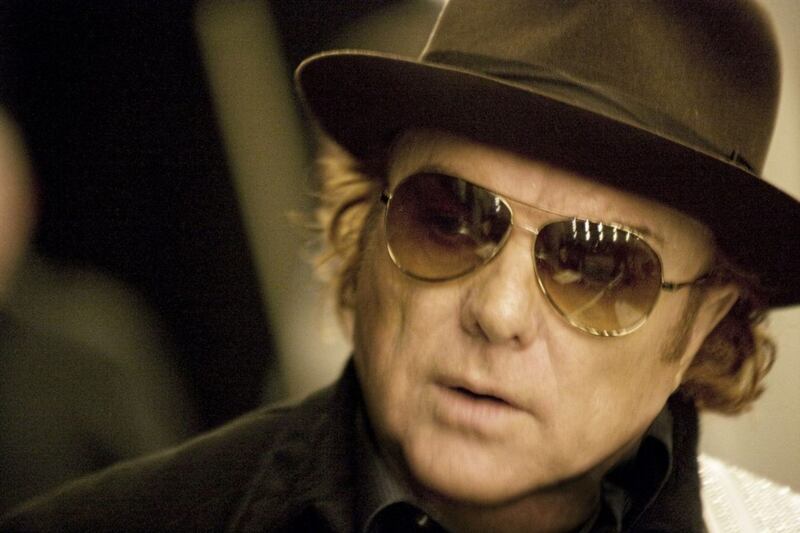IT IS really no surprise that in the back bedroom of our house in north Belfast, my retreat as a teenager, the wall next my bed was covered with symbols, different signs of the time: the early 60s.
At first, it was English football league tables with little name tags which you could move up and down according to the Saturday results, alongside a double spread of the team I supported (Spurs).
This was soon to be replaced as motorcycles gleamed in all their polished power – AJS, Honda, Suzuki. And you could readily imagine riding those mighty machines, with their all-consuming engine sound, because at the weekends leather-clad young men and their girlfriends shot past our house on their way to TT races, or their versions of them, on the hilly avenues above us leading towards Belfast Castle.
If you were out walking along the Shore Road you could hear the music pumping out of a little cafe where the rockers hung out. It was all a little bit too much for me; I don't know why. But then The Shangri-Las were mourning for The Leader of the Pack and Twinkle's Terry hit of 1964 was blasting out too, a strange, lurid, death-haunted song which became known by genre as a teenage tragedy song: "He rode into the night, accelerated his motorbike / I cried to him in fright, don't do it, don't do it, don't do it."
One afternoon, just below our house, a young motorcyclist, attempting to overtake a van on the rising camber of the road, was struck by an oncoming lorry and died instantly. Before his funeral, fellow bikers arrived in numbers and circled before placing their right boots at the very spot of his tragic nemesis.

From then, the bikes disappeared from my wall and the faces of my burgeoning musical heroes of the time appeared in their place and would take over my teenage years. Cream, Muddy Waters, Jimi Hendrix and the Small Faces became not only figures in magazines, heard on the transistor radio and seen on the black and white TV, they were 'live' in the various clubs and venues in downtown Belfast.
But first it was The Beatles. I recall sitting on the bus home from Orangefield, my new school across town, as a solitary and temporarily liberated cow went blattering down Donegal Square by the front of the City Hall. It was a bizarre sight indeed for busy-busy work-a-day Belfast, but off it went – into May Street and beyond.
Later that night, as we sat having our tea, I mentioned what I saw earlier that day. "It's because The Beatles are here; someone's done that for publicity", my mother interjected without rhyme or reason.
It was 1963. The Beatles were indeed in Belfast. My memoir, Looking Through You: Northern Chronicles begins there and then, listening to The Beatles and becoming aware of the shift in gear which Rubber Soul heralded: a more complicated lyric for a more questioning world.
What followed was the discovery of inspirational American poets such as Robert Lowell and Sylvia Plath, the movement in and out of my Protestant upbringing in Belfast, life and reading in the early years of the Troubles, and some of the poems which I produced out of those challenging and changing times.
:: Looking Through You: Northern Chronicles by Gerald Dawe, with photographs by Euan Gebler, is available now, published by Merrion Press






